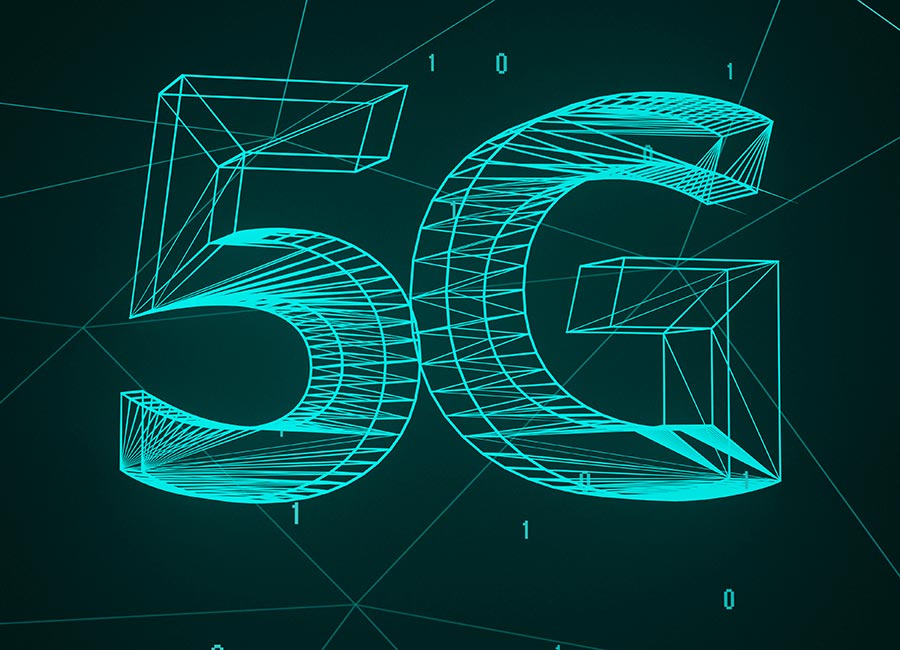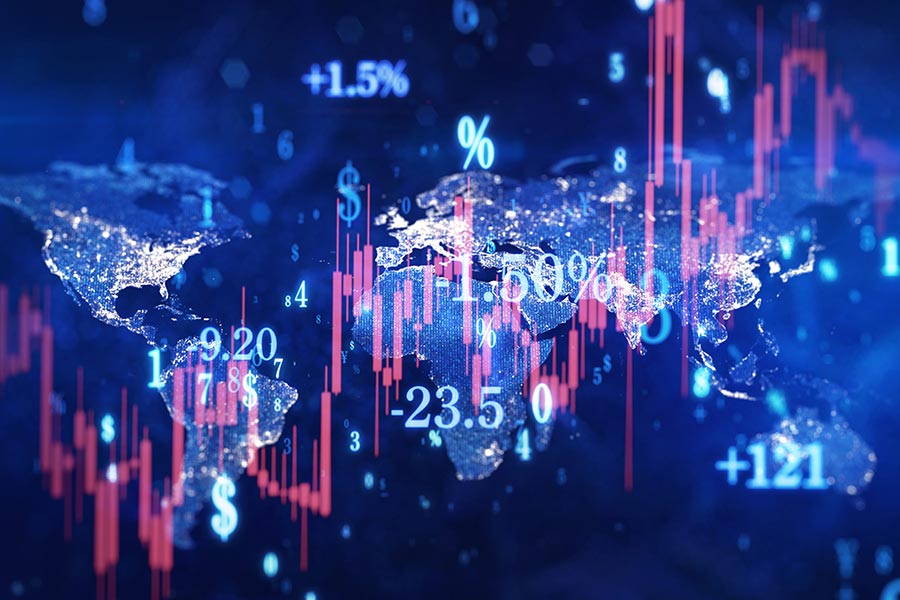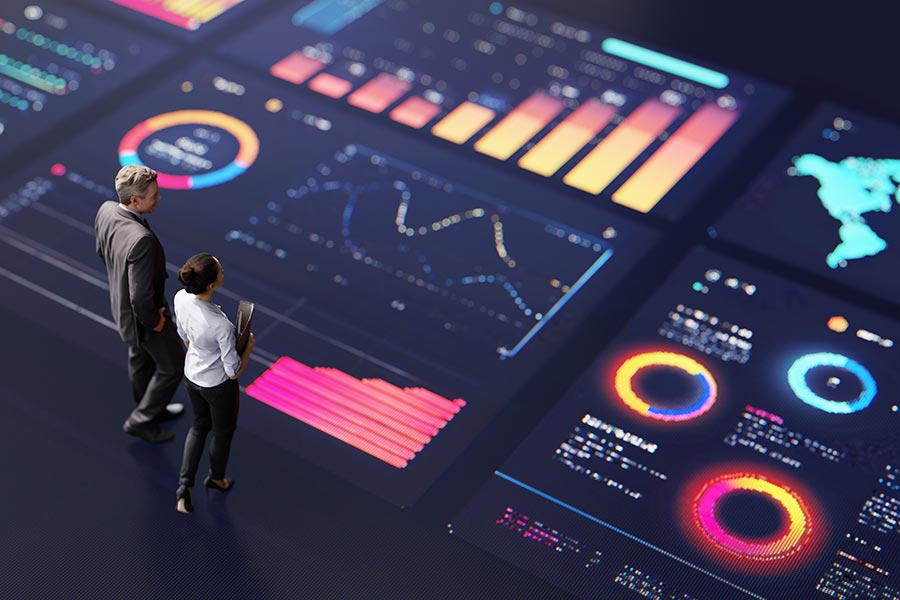Competitiveness is no longer limited to a country’s or company’s ability to lead in productivity and offer goods and services at attractive prices. It also depends on the capacity to create value that aligns with political and social priorities in a global environment
Competition today is like configuring an “access code,” requiring ever more complex measures for security and resilience.
Different geopolitical blocs are effectively programming their strategies into the global system, driving high-stakes outcomes that demand executives’ close attention.
A prime illustration of this reality is China's strategic shift towards a “Digital Silk Road,” which expands its influence beyond physical infrastructure to lead the global technology infrastructure.
China is driving digital connectivity projects in Asia, Africa, and Latin America, including the massive deployment of 5G networks, e-commerce platforms, and cross-border digital payment systems based on the digital yuan.
These initiatives not only redesign trade and data flows but also position China as a key player in the digital economy, integrating emerging markets under its technology ecosystem.
At the same time, in the Americas, the acceleration of nearshoring strategies is reshaping supply chains towards greater regional integration, creating new opportunities for companies to invest in advanced technology and diversify their production in local economies.
For example, Mexico has emerged as a key hub, attracting significant investments in sectors like automotive and electronics, leveraging its proximity to the US and favourable trade agreements.
The reconfiguration of global relations is also evident in the negotiations between the EU and Mercosur, which took a significant step forward in December 2024 after 25 years of talks.
This agreement represents progress towards trade liberalisation, but also incorporates mechanisms, such as safeguarding 357 European food and beverage products against imitations and strengthening intellectual property rights.

However, the latest developments are not without significant tensions.
France, under the Macron government, has opposed the agreement due to concerns related to environmental standards that they consider insufficient, unfair competition in the European agricultural sector, and implications for economic sovereignty vis-à-vis large trading blocs.
Despite these objections, the President of the European Commission, Ursula von der Leyen, managed to move forward in December 2024, in a context in which the Macron government faced a motion of censure that weakened its ability to manoeuvre.
This case underscores how a country's internal imbalances can limit its influence on an international arena that demands both geopolitical and geoeconomic strength.
New players are coming onto the stage with renewed strength.
The expansion of the BRICS, which now includes Saudi Arabia, Iran, Egypt, Ethiopia, and the United Arab Emirates, additionally highlights the growing influence of alternative power blocs.
With these additions, the BRICS countries account for approximately 44% of global crude oil production, reaffirming their ability to challenge Western-led institutions such as the G7.
Simultaneously, the common frustrations of several African, Latin American, and Southeast Asian nations present both challenges and opportunities that warrant attention as they demand greater participation in global decision-making.
Influence is no longer concentrated but actively contested, where different actors emerge as relevant players.
A country's internal imbalances can limit its influence on an international arena that demands both geopolitical and geoeconomic strength.
To succeed, leaders must go beyond superficial monitoring and invest in advanced analytics that translate what political and economic changes mean to their short and long-term planning.
For example, companies must ensure adequate coverage of key forums such as the OECD and the G7, convening places that discreetly yet effectively gather decision-makers to influence the direction of future policies affecting competitiveness across industries.
These forums are not just for participation; they are for strategic positioning, influence, and foresight in writing the next chapter of the global economy.
For companies serious about staying ahead, the imperative is clear: move beyond presence to influence.
Get In Touch
Email: Ibecglobal@ibec.ie
LinkedIn: https://www.linkedin.com/showcase/ibecglobal
X: @Ibec Global
Bluesky: @ibecglobal.bsky.social











